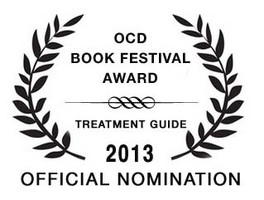
Avoidant/Restrictive Food Intake Disorder (ARFID)
Symptoms of ARFID:
ARFID is an eating or feeding disturbance in which there is a persistent failure to meet appropriate nutritional and/or energy needs. Individuals are often seen as “picky eaters” but it’s much more than that and can create great distress and chaos for the individual and their loved ones. Individuals with ARFID have a lack of interest in food and eating, avoid foods based on certain sensory characteristics of the food, and/or are very concerned about the possible negative consequences of eating (e.g., fear of choking, vomiting, or an allergic reaction.) They may also have rigid eating behaviors.
There is often interference, such as significant weight loss or failure to achieve expected gain or poor growth, poor nutrition, dependence on oral nutritional supplements (e.g., Ensure), and/or marked interference with daily functioning (e.g., social, family, academic, work, etc.).
Treatment of ARFID:
Treatment can help individuals with ARFID and their families. Evidence-based cognitive behavioral treatment is effective and well-established to help individuals who struggle with ARFID as well as supporting concerned parents/loved ones. Treatment consists of:
-
Psychoeducation on ARFID, nutrition, and anxiety
-
Anxiety management and coping tools
-
Exposure therapy for foods and common sensations that prevent someone with ARFID from eating enough
-
Exposure therapy to feared consequences
-
Family involvement and parenting strategies to help with teaching and reinforcing coping tools and reducing symptom-inducing behaviors



